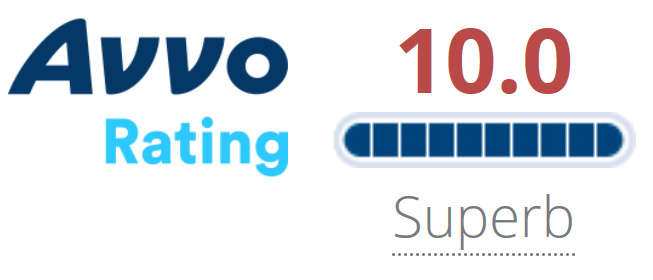If you haven’t been able to get along in your marriage, it may seem unlikely that you will be able to work together to end your marriage. There can, however, be significant advantages, if you can find a way to resolve your differences amicably. This blog post looks at the advantages and disadvantages of contested and uncontested divorce proceedings in Texas.
At the office of Len Conner & Associates, P.C., we concentrate our practice on divorce and family law matters. We provide a free initial consultation to every new client. For a meeting, contact our office online or call us at (972) 445-1500 or (817) 288-4168 if you’re in the Dallas / Fort Worth Area. Call us toll free at 1 (877) 613-5800.
Uncontested Divorce—When There’s a Lot at Stake
Your marriage may be over, but will likely have an impact on your life for years, particularly if you have minor children. You may need to work with an ex-spouse for years or even decades, if your child is small. An uncontested divorce proceeding, where you work cooperatively with your ex-spouse to work out custody and visitation arrangements that are in the best interests of your children, can provide a less anxious and healthier environment for your children as they grow up.
Even when you have a positive relationship with your ex-spouse, it’s best to hire an attorney to help you resolve all issues. Typically, in an uncontested divorce proceeding, your lawyer will function more as a mediator than as legal counsel, working as an unbiased third party to help you and your ex-spouse identify and implement solutions that are mutually beneficial. Your lawyer will customarily work with other professionals, including psychologists, social workers, tax professionals and others, to help you get the best possible outcome.
Contested Divorce—When There’s Also a Lot at Stake
Though an uncontested divorce can save you money, and can make it easier to work with your ex-spouse in the years to come, there are simply times when it’s not in your best interests to cooperate in a divorce proceeding—
- You may have brought significant assets into the marriage, or have built a substantial marital estate
- You may know from experience that your ex-spouse will not attempt to negotiate in good faith, or to try to bring about an equitable result
- Your ex-spouse may have subjected you to physical or mental abuse, or may be unwilling to acknowledge personal problems (substance abuse or other issues) that will be detrimental to a joint custody arrangement.
Contact Our Office
For experienced counsel in family law matters, including contested and uncontested divorce proceedings, contact us online or call our office at (972) 445-1500 or (817) 288-4168 if you’re in the Dallas / Fort Worth Area. Call us toll free at 1 (877) 613-5800. Your first consultation is without cost or obligation.




